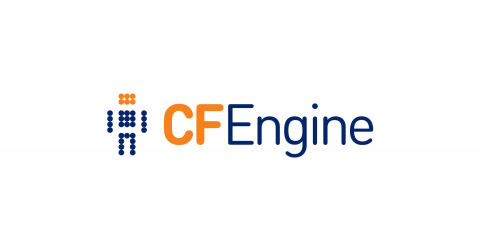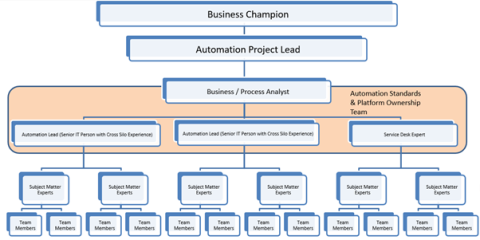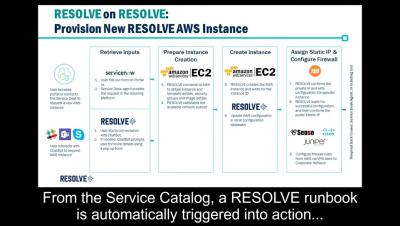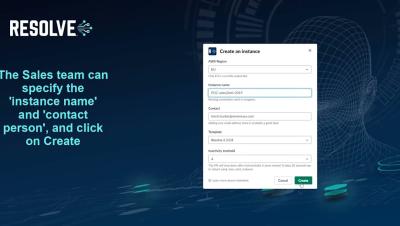Feature Friday #15: bundlesmatching()
Did you know bundles can have tags too? That’s right! You can tag a bundle by defining tags as a meta promise on a bundle. For example: You’ve likely encountered bundles tagged with autorun. These tags trigger automatic execution of bundles in lexical order whenever the services_autorun class is defined. However, you’re not limited to autorun. You can create custom tags to suite your specific needs.










